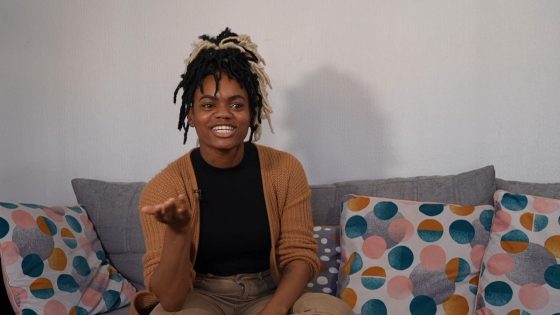More than a quarter of deaf people say they have been ignored in public, according to a major survey by a leading charity.
The Royal National Institute for Deaf People asked more than 8,000 deaf people and people with hearing loss about their experiences and found that many say they still face considerable stigma in their daily lives.
Two-thirds (67%) of respondents said they had experienced negative attitudes or behaviours in the past year. Nearly half (48%) said they had experienced this from their own family members.
The regular exclusion from social situations has an impact, with large numbers of those surveyed saying it had left them feeling lonely, isolated and lacking in confidence.
Sarah Adedjei, 23, from Erith in southeast London wasn’t born deaf but lost her hearing as a child.
“One time, somebody came up to me and asked for directions. I said: ‘Sorry I didn’t catch that, I’m deaf,’ and they said ‘Oh, it doesn’t matter’. I said, ‘No, I can help, just repeat what you said,’ and they just said ‘Oh, sorry, it doesn’t matter,’ and walked off. This happens so often. It makes you feel like you don’t matter.”
The RNID run a campaign during Deaf Awareness Week (6-12 May) to try and change public attitudes towards deaf people.
Read more:
Drivers ‘ignoring’ official diversion route around M25 closure
The 25th anniversary of the Scottish parliament
Crystal Rolfe, director of strategy at the charity, said: “Our research shows that every day people face negative attitudes and behaviours at work, when they’re out shopping, and even from their families.
“Often it causes people to withdraw, to avoid others, and even hide that they are deaf or have hearing loss.”
The RNID says there are three simple things that anyone can do to make conversation with deaf people easier: get their attention; face them and make eye contact, as many people rely on lip reading, and be patient.
Source Agencies



